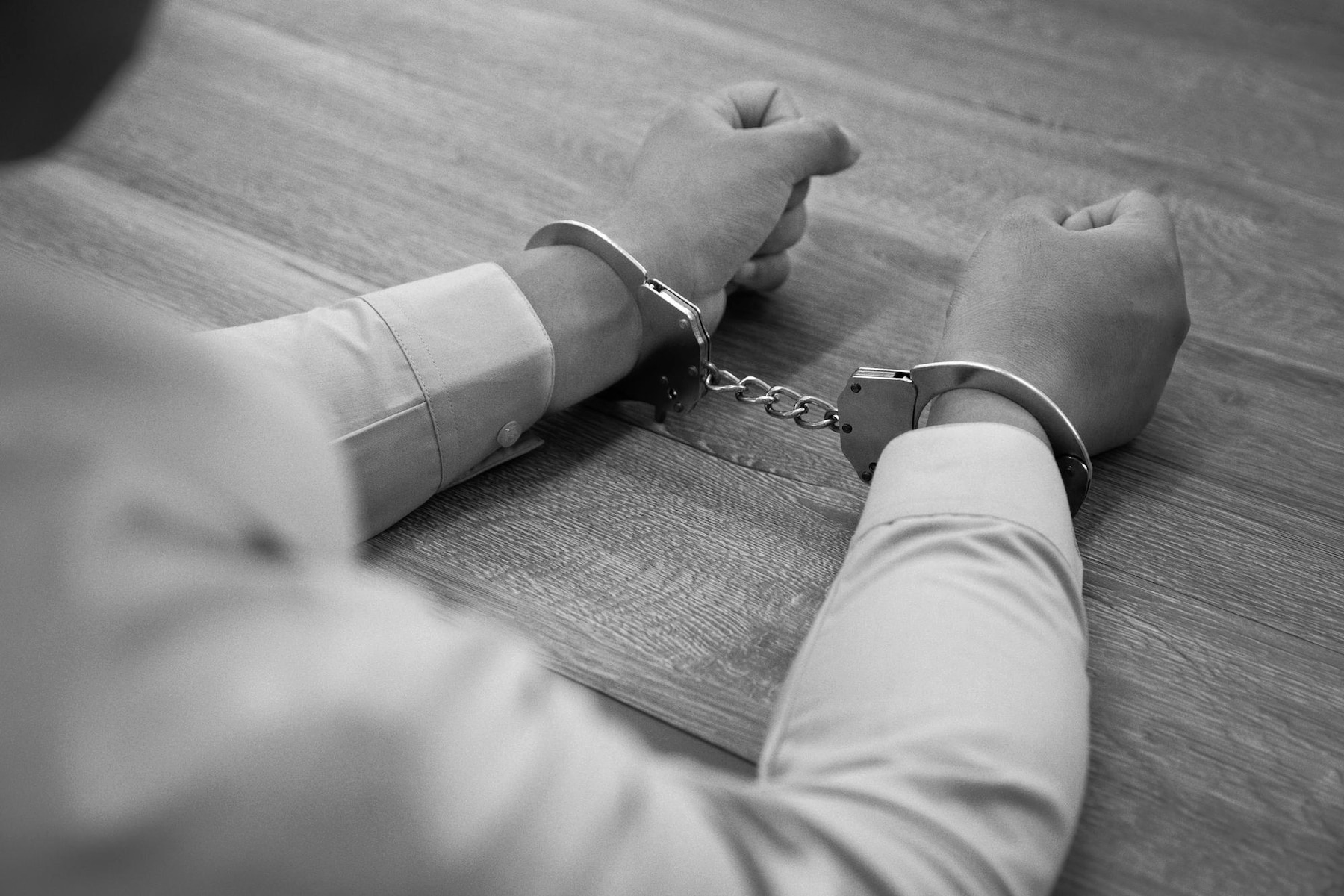What Happens to You When You Get Arrested in Rhode Island?
You may have seen many arrests on television, but it's very different when you're experiencing an arrest first-hand. Let's go over some of the basics of the procedure.
When you are arrested, the police must inform you of your rights under the law. They must read you “the Miranda warnings,” which explain you do not have to talk to the police, but if you do say anything, it can be used against you in a trial. You have the right to have an attorney represent you, and if you are unable to pay for an attorney, a public defender will be assigned to you. After reading you the Miranda warnings, the police may continue to question you, but you don't have to answer. And if you tell them that you want a lawyer to represent you, they must stop asking you questions.
At the police station, you'll be photographed and fingerprinted, and the police will collect demographic information (e.g., your name, address, race, and gender). The police will ask for your permission to search you and any possessions you have with you (such as a purse or backpack). You can say yes, but you do not have to agree. If you refuse, then the police must get a search warrant before conducting the search.
The police must allow you to make one phone call within one hour of your arrest. If you call an attorney, the police are not allowed to listen to your call. While you're in custody, the police may ask you to sign a stack of forms. You should have an attorney review any documents before you sign them. Even after an arrest, the police can decide to drop the charges and release you. For misdemeanors, they can also charge you but release you from jail, but give you a summons, which is a notice ordering you to appear at court on a specific date for further proceedings.
Alternatively, the police may require you to have a bail proceeding before they release you. In that case, a bail commissioner may come to the police station, or you may be brought to court for a bail hearing. At that time, bail would be set—either releasing you on your own recognizance (a promise to return at a later date) or by paying the required bail amount. If you have been arrested or are concerned you may soon be arrested, don't wait: Time is of the essence, so contact an experienced criminal defense attorney immediately. Contact Inman & Tourgee online or call (401) 823-9200 to discuss your case today.







